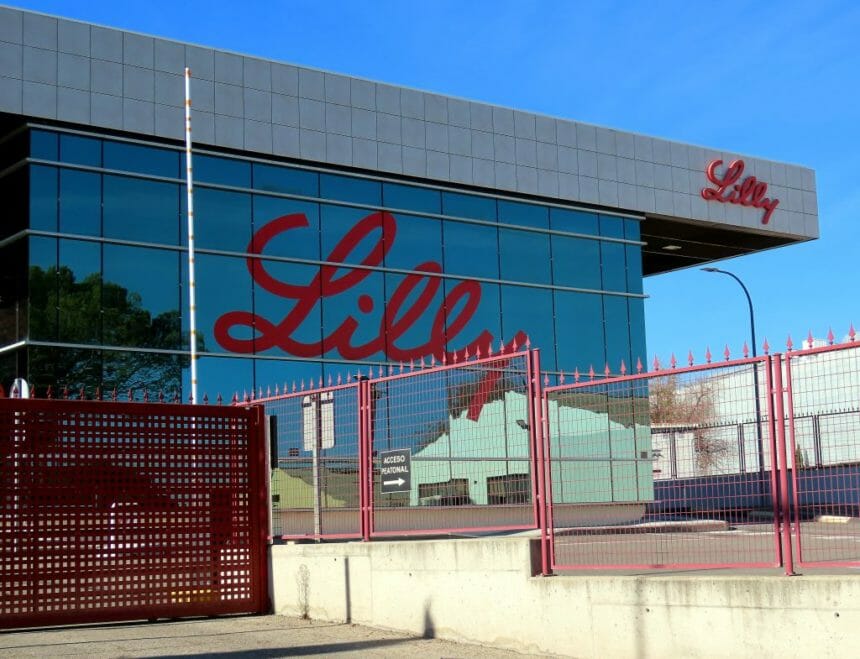Both Eli Lilly and Pfizer released their latest earnings reports Tuesday morning.
Pfizer recorded a 2% decline in revenues operationally due to “exceptionally strong growth” in Q3 2021. The company also noted that when Paxlovid and Comirnaty were excluded, revenues grew 2% operationally.
Pfizer’s earnings per share grew 6% year-over-year, while its adjusted EPS soared by 40% over the same period.
The company’s Oncology unit generated a 3% increase in revenues operationally while its Primary Care division recorded 1% decline and its Specialty Care segment recorded a 3% decline.
As part of its forward looking financial projections, Pfizer raised the lower end of its full year revenue guidance to a range of $99.5 billion to $102 billion, while also increasing its revenue guidance for Comirnaty and maintaining its guidance for Paxlovid.
“I continue to be proud of our colleagues’ excellence, ingenuity and unwavering commitment to bringing breakthroughs to patients. Over the next 18 months, we expect to have up to 19 new products or indications in the market — including the five for which we have already begun co-promotion or commercialization earlier this year,” Bourla said in a statement. “Many of these 19 programs are already largely de-risked from a clinical perspective, the majority were discovered in-house, and nearly all would be for indications outside of COVID-19. This quarter, we set the stage for these potential launches by reorganizing our commercial operations to better capitalize on these opportunities.”
Pfizer had an active Q3 from a dealmaking perspective, announcing $17 billion worth of M&A activity to acquire Global Blood Therapeutics and Biohaven Pharmaceuticals. Both transactions closed just after the quarter ended in September.
The company released its latest financial figures less than two weeks after announcing it would charge between $110 to $130 per dose for its COVID-19 vaccine next year.
Meanwhile, Lilly achieved top line revenue growth of 2% as well as a 14% increase of total worldwide volume. Similarly, Lilly’s EPS increased 32% and net income jumped 31% in Q3.
During the quarter, the company’s obesity drug, Mounjaro, generated $97.3 million in U.S. revenue. Additionally, in early October, the Food and Drug Administration agreed to a quick review for Mounjaro.
Lilly also poached Winselow Tucker, a member of Bristol Myers Squibb’s hematology marketing unit, to become the next chief commercial officer for Loxo@Lilly.
Toward the end of the quarter, Lilly was sued by U.S. Equal Employment Opportunity Commission, alleging that the company failed to hire older sales representatives from 2017 to 2021.
“Lilly delivered another solid quarter with pipeline advancements across the portfolio, continued growth of key products, and impressive uptake from our recently launched medicine, Mounjaro, for type 2 diabetes,” Lilly CEO David A. Ricks said in a statement. “With four more launches expected by the end of next year and a potential major new indication for tirzepatide, Lilly continues to make progress for patients with unaddressed medical needs through our significant commitment to invest.”
The company released its earnings report two weeks after announcing an agreement to buy Akouos, a precision medicine company, for $487 million.








